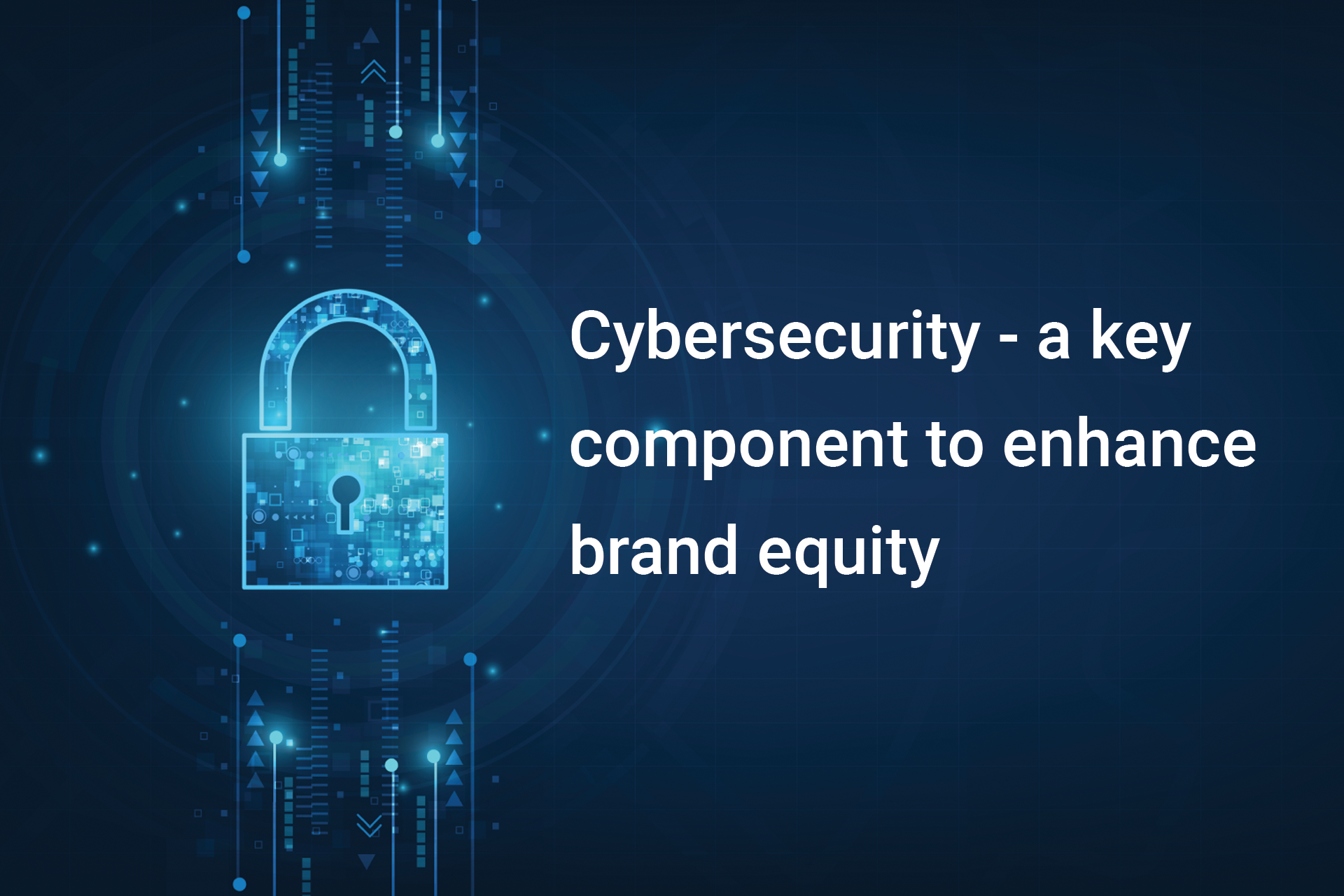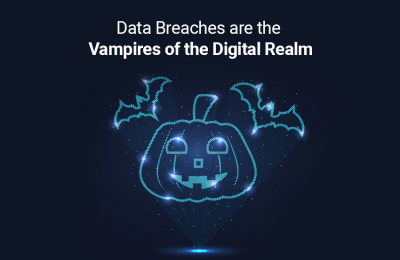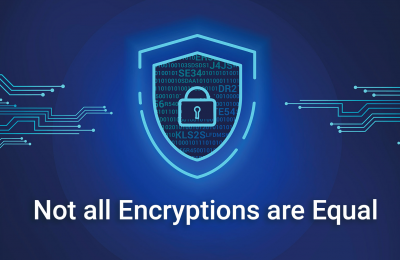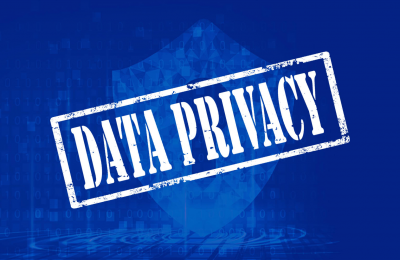“Reputation, reputation, reputation! O! I have lost my reputation. I have lost the immortal part of myself and what remains is bestial. ” – William Shakespeare, Othello
A positive brand equity is one of the most valuable assets an organization can possess. Cyber breaches have a direct and in many cases, a colossal impact on brand equity. Customer trust in cybersecurity can be vital in some industries such as, banking, accounting, real estate, healthcare, HR, etc.
However, not enough organizations are attempting to gain customer confidence through marketing their cybersecurity and are missing out on a massive opportunity. After all, cybersecurity can offer a crucial competitive advantage especially when adequately advertised.
The past two decades have witnessed a sharp increase in cybersecurity attacks on businesses and internet advertising. In a recent survey by Proofpoint, about 2,400 out of 3,600 surveyed companies and organizations faced ransomware attacks in 2020, with 52% paying the attackers in order to restore data access. A report of IBM Security suggests that on average, breaches now cost organizations $3.86 million per attack. An excellent article from Toptal illustrates the cost of security breaches. These are measurable costs, what about the intangible costs to a brand caused by these data breaches?
Data breaches can have a staggering effect on the brand equity causing both direct and indirect costs such as a damaged reputation and weaker levels of customer trust.
Recent research suggests that organizations suffering cybersecurity breaches are associated with more canceled trademarks, fewer trademark registrations, and fewer trademark citations – all pointing to weakened brand capital.
A cyber breach can also have an effect on corporate stock prices, impacting not only the company, but the investors that help that company grow.
Comparitech analyzed 28 companies that had experienced data breaches to determine the impact on stock prices. Some of their key findings include:
- Share prices of breached companies hit a low point approximately 14 market days following a breach. Share prices fall 7.27% on average, and underperform the NASDAQ by -4.18%.
- Finance and payment companies saw the largest drop in share price performance following a breach.
- Breaches that leak highly sensitive information like credit card and social security numbers see larger drops in share price performance on average than companies that leak less sensitive info.
We know that data breaches have negative impact on brand equity. But do cybersecurity measures have a positive impact on the brand? It turns out, they certainly do:
87% of the CEOs say they are investing in cybersecurity to build trust with their customers “
– PwC – 21st CEO survey
A cyber security report from Vodafone, Cyber Security: The Innovation Accelerator, highlights a strong link between how cyber security is used and successful business, with 86% of high-growth companies seeing information security as an enabler of new business opportunities, rather than simply a means of defence.
The research showed a number of perceived benefits that strong cyber security can bring to the relationship between an organisation and its customers:
- 89% of businesses said that improving cyber security would enhance customer loyalty and trust, thus improving overall brand equity.
- 90% said it would enhance their reputation in the market, potentially attracting new customers.
- 89% said they felt better information security was a competitive differentiator that would help them win customers.
Cyber security is certainly an important component to brand equity. After all, brand equity reflects the trust customers have in the company. Hopefully, we should see more organizations firstly adopting and applying cybersecurity best practices across organization and secondly, using cybersecurity promise in their marketing campaigns to enhance overall brand equity.






















